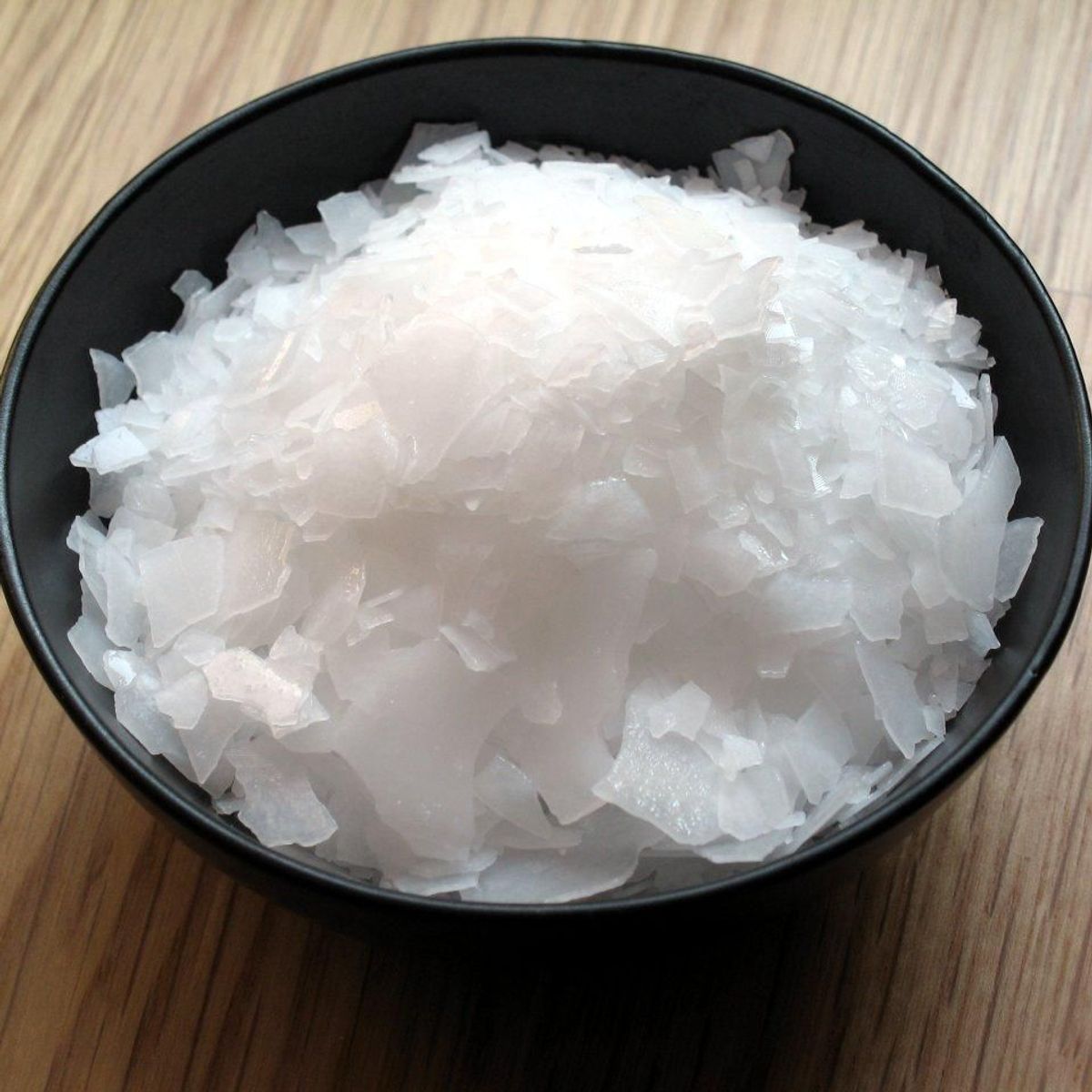Magnesium (Magnesia) Muriaticum, colloquially known as Magnesium chloride or muriate of magnesia, holds a distinct place in homeopathic treatments. Derived from magnesium chloride, the Magnesium remedy is imbued with therapeutic potential that extends across diverse physiological and psychological dimensions.

Psychological and Emotional Profile:
Magnesium Muriaticum caters to individuals characterized by their pacifist disposition, harboring a palpable aversion to confrontation, quarrels, and aggression. Individuals typified by Magnesium Muriaticum grapple with a pronounced sense of responsibility, yet struggle to navigate the weight of their obligations. An undercurrent of suppressed anger may sporadically erupt, materializing as abrupt outbursts or festering into an enduring bitterness. Disinclination towards aggression, a penchant for quietude, and a propensity for bitterness emerge as distinct markers of their emotional landscape.
The remedy unearths profound dimensions of anxiety and restlessness, particularly evident during nocturnal repose. These individuals are plagued by overwhelming anxiety, particularly as the night unfolds, impeding their pursuit of restful sleep. Moreover, the predisposition towards depression is a pertinent facet, further magnifying the intricate tapestry of Magnesium Muriaticum’s psychological impact.
Gastrointestinal and Liver Disturbances:
At its core, Magnesium Muriaticum’s clinical significance revolves around its profound influence on liver health and digestive equilibrium. Adverse reactions, notably aggravated by the consumption of milk, fats, and salt, underscore the intricate relationship between dietary elements and symptomatology. Firm pressure emerges as a relieving factor, juxtaposed against the exacerbation of symptoms upon light touch. Nocturnal exacerbation is a recurrent theme, contributing to the intensification of both anxiety and colic, particularly when lying on the right side.

The Magnesium Muriaticum remedy is notably implicated in cases of indigestion, abdominal pain, and diarrhea arising as a consequence of milk consumption. Distinct dietary preferences emerge, encompassing cravings for sweets, vegetables, fruits, and light fare. Of particular significance is the remedy’s interaction with hepatic health, including instances of hepatitis. Moreover, its role extends to addressing gallstone colic, showcasing its comprehensive impact on gastrointestinal homeostasis.
Dentition Dynamics:
In the pediatric context, Magnesium Muriaticum unveils its impact on the teething process in infants. Often marked by difficulties, this developmental stage assumes prominence due to the remedy’s implication in managing challenges associated with teething discomfort.
Sleep and Psychological Terrain:
Magnesium Muriaticum delves into the intricate contours of sleep disturbances and psychological experiences. The remedy emerges as an antidote to anxiety that intensifies upon reclining and closing the eyes, positioning the act of slumber as a crucible for internal turmoil. Sleep posture is a relevant indicator, with a preference for the left side indicative of the remedy’s influence. Upon awakening, individuals often experience an unrefreshed state accompanied by a pervasive sensation of dull toxicity.

In summation, Magnesium Muriaticum emerges as a pivotal entity within the homeopathic landscape, unraveling a tapestry that intertwines diverse physiological manifestations and profound psychological landscapes. Its intricate relationship with tactile responses, developmental dynamics, gastrointestinal equilibrium, and sleep intricacies reflects its multifarious therapeutic scope.
